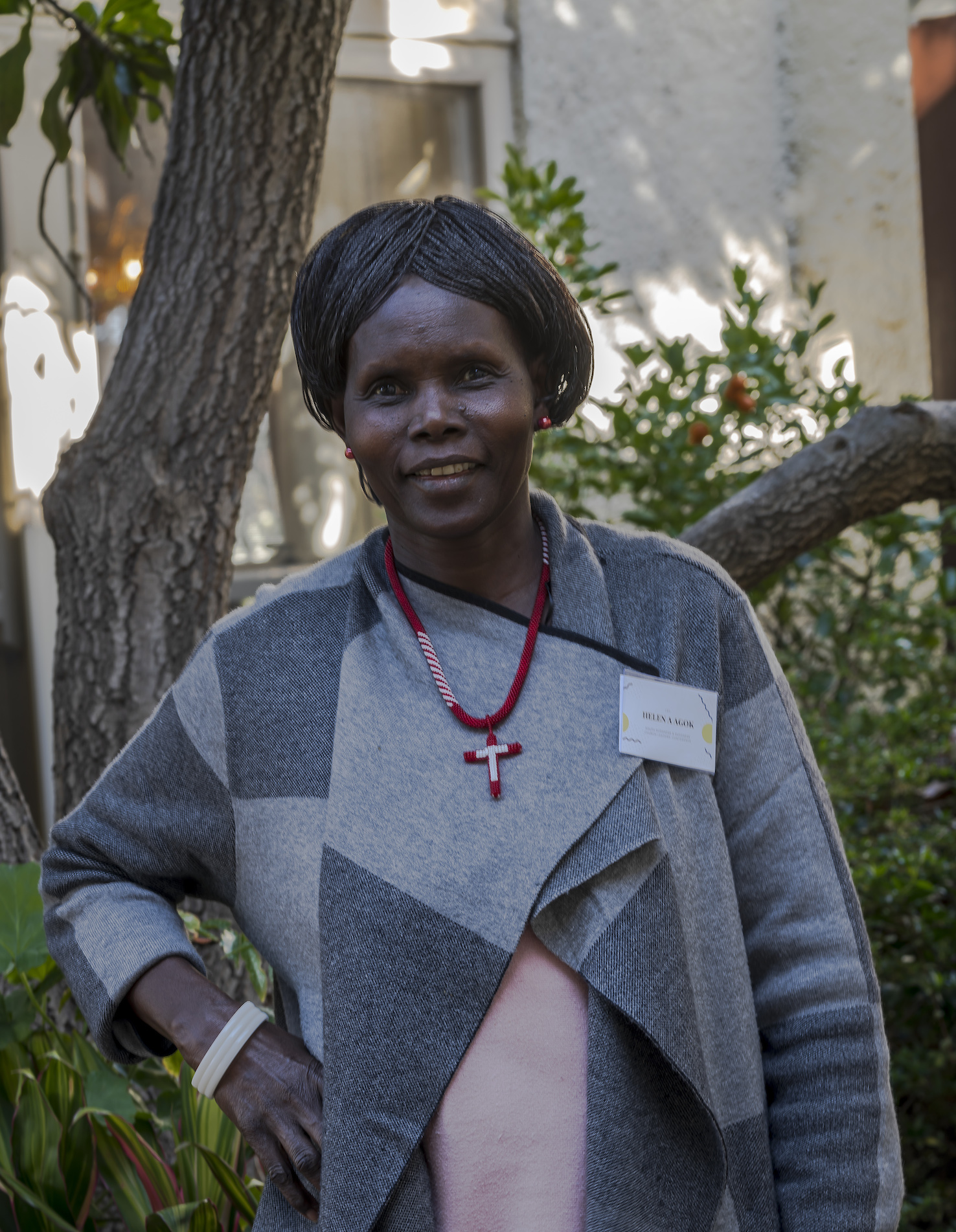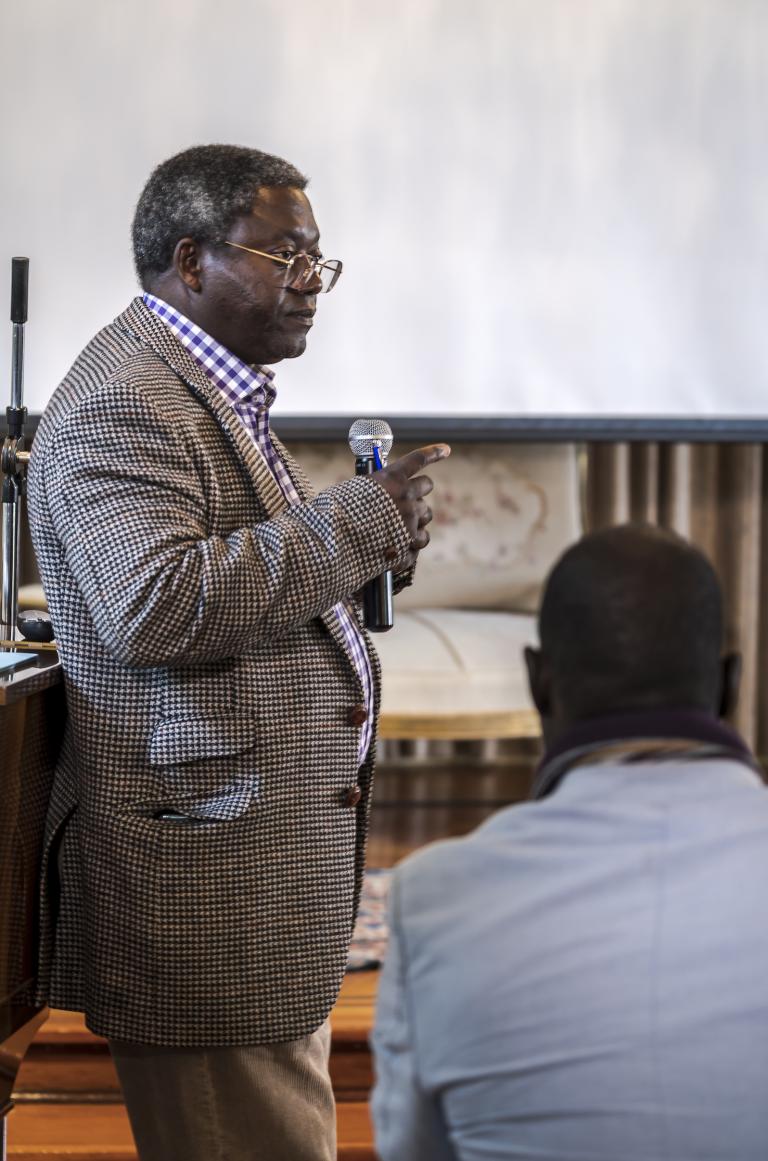On 30 June, the same day that a ‘permanent ceasefire’ was proclaimed by warring parties in the five-year civil war in South Sudan, 70 South Sudanese and Sudanese church leaders – men and women, of all denominations – met at Armagh, the IofC centre in Melb

The one-day conference sought to build trust among the diaspora in Australia, whose ethnic community associations have family and cultural ties with groups fighting each other back home.
Millions of dollars are sent each year to support those suffering, sometimes also fuelling the conflicts in their homelands, which so far have caused over 50,000 deaths and displaced four million people.
Rev. Tim Costello, World Vision Australia, gave the keynote address, speaking online from New South Wales. Recalling the ‘sibling rivalry’ between Cain and Abel in the Garden of Eden, he said that a pattern of jealousy and conflict has marked the progress of mankind, but that this can be transformed by the grace of God, bringing reconciliation and forgiveness.
Mike Brown, Deputy Chair, IofC Australia, told stories showing how trust can be restored, including examples from South Sudan. He quoted an Aboriginal pastor, Ben Mason, who in 1988 told him that ‘there can be no national reconciliation without national repentance,’ and related his own experience of apologies that have helped to unite communities over Australia’s painful treatment of Indigenous peoples. Based on his research into refugee community formation in Australia, Dr Charles Mphande, Victoria University, presented an account of ‘Internet warriors’ among the South Sudanese diaspora, who stoke the fires of blame and revenge through social media. He challenged church people to take their message of peace and reconciliation onto the Internet, to become warriors for peace.

Dr Katherine Levi, director of Professional Standards Unit from the Catholic Church, spoke on the impact of the recent Royal Commission on child sexual abuse and advised church leaders on their responsibilities within their congregations and communities. In discussion groups, participants considered ways forward, and identified the need for church leaders to continue to work towards uniting the community.
The 30 June conference follows on from several meetings and preparatory events, initiated by community leaders, the Anglican church, and IofC Australia. In mid-May 2018, Anglican Bishop Philip Huggins, invited 26 South Sudanese and Sudanese church leaders into a national consultation in Canberra. Church leaders signed a statement to the parties negotiating in Addis Ababa, Ethiopia, to end the conflict, stating that the 33,000 South Sudanese in Australia ‘are heavily impacted by the situation in South Sudan. The healing of divisions here has to be parallel with the healing of those in Sudan and South Sudan.’
Church leaders in Melbourne continued to meet every Sunday evening, supported by the IofC's South Sudan Australia Peace Initiative. On 16 June, they held a retreat at Armagh and invited Bishop Huggins to lead them in a meditation on the content of reconciliation. Huggins, who is working on establishing a centre where trauma issues within the South Sudanese and Sudanese communities can be addressed and healing can be nurtured, said that church leaders have ‘a high calling to be a source of hope and a light to the whole world.’ – David Vincent and Mike Brown The next step in reconciliation efforts will be an ecumenical National Day of Prayer at Melbourne’s Anglican Cathedral on 14 July, the Saturday following South Sudan’s Independence Day.
The event will be led by the Anglican Primate of Australia, The Most Reverend Dr Philip Freier. For more information, contact david.vincent@iofc.org
Images: Mike Brown and Rowan Tan

